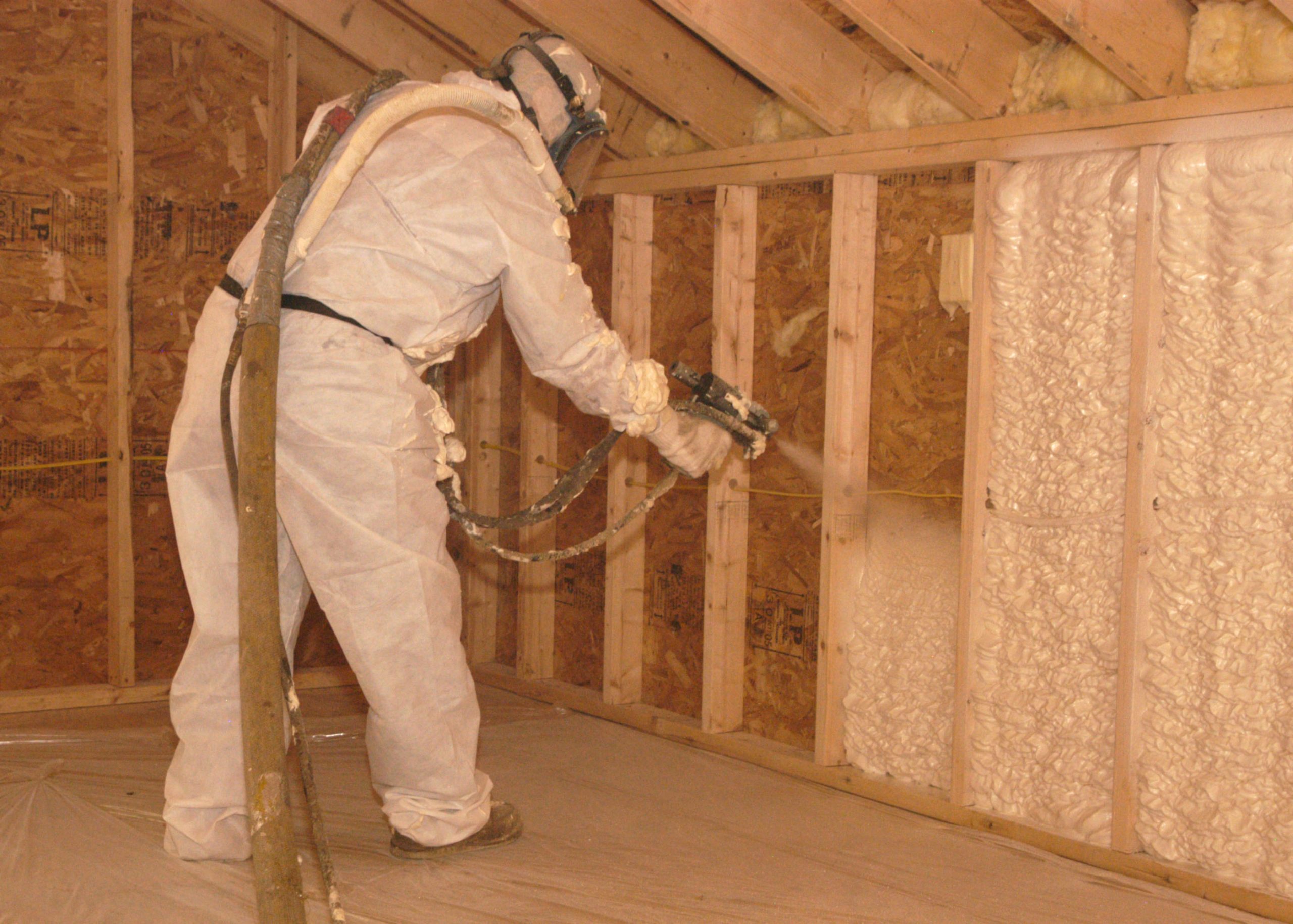- BY Brian Roam
- POSTED IN Uncategorized
- WITH 0 COMMENTS
- PERMALINK
- STANDARD POST TYPE

When it comes to spray foam insulation, you should know a few things in order to make the best decision for your home or business. Spray foam insulation is growing in popularity due to its many benefits, but it’s important to understand how it works and what to expect before calling a spray foam insulation contractor.
1. How Does Spray Foam Insulation Work?
Spray foam insulation is made from polyurethane and isocyanate. These two substances react with each other when mixed and applied through a sprayer, expanding and hardening into a solid foam that can fill any space. This process not only creates an effective barrier against heat and cold, but also seals out drafts, noise, and moisture.
2. What Are the Benefits of Spray Foam Insulation?
There are many benefits to using spray foam insulation, including improved energy efficiency, reduced utility bills, increased comfort, and better indoor air quality. For every British Thermal Unit (BTU) that goes into producing insulation, 12 are saved every year it’s in use, according to the United States Department of Energy.
3. What Are the Drawbacks of Spray Foam Insulation?
The main drawback of spray foam insulation is the initial cost. Spray foam insulation is more expensive than other types of insulation, such as fiberglass or cellulose. However, it’s important to remember that spray foam insulation pays for itself over time through energy savings. Additionally, spray foam insulation can be difficult to install without extensive training and professional equipment. It should only be installed by a trained professional spray foam insulation contractor.
4. How Long Does Spray Foam Insulation Last?
Spray foam insulation is designed to last for the life of your home or business. Once it’s installed, you won’t need to worry about replacing it or adding more insulation. Its longevity offsets its high installation costs considerably.
5. What Are the Different Types of Spray Foam Insulation?
There are two main types of spray foam insulation: closed-cell and open-cell. Closed-cell spray foam insulation is denser and more effective at sealing out drafts, noise, and moisture. Open-cell spray foam insulation is lighter and more affordable, but it’s not as effective at sealing out drafts and moisture.
If you’re considering having spray foam insulation installed in your home or business, it’s important to understand how it works and what to expect. A qualified spray foam insulation contractor can help you decide if spray foam insulation is the right choice for you. Call Idaho Insulation today to get a free energy audit and find out if spray foam insulation is right for your property.


